E

Audio
Listen to an audio version of this page (2 min 43 sec):
Eight
|
ayênânêw |
|
Definition: It is a counting number that is one more than seven. It is written as 8.

Eighth
|
mweci-ayinânew |
|
Definition: It is the ordinal form of the number eight. It is also written as 8th.
Eighty
|
ayinânêwomitanaw |
|
Definition: It is a counting number equivalent to eight sets of tens. It is written as 80.

Eleven
|
pêyakosâp |
|
Definition: It is a counting number that is one more than ten. It is written as 11.

Equal
|
(1) tipi
(2) pâpeyakwan |
|
Definition: It is the relationship between two items or numbers. They may have the same size, value, or amount [4].
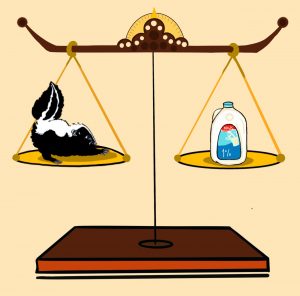
Equation
|
pȇyakwan akihtȇwah |
|
Definition: A mathematical sentence stating that two expressions are equal [1].
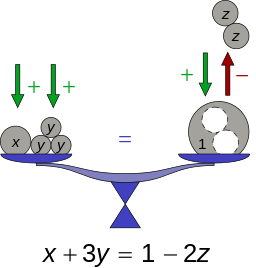
Equivalent
|
pah pȇyakwan iyikohk |
|
Definition: It means equal in value [1].
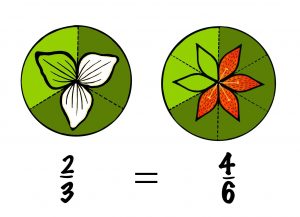
Estimate
|
eyoko nantow |
|
Definition: An answer that is an approximation [1].
Evaluate
|
kîkway koyakihtamihk |
|
Definition: To evaluate means to find the value or result of a mathematical expression [1].
Example
To evaluate [latex]3\times(5+x)-7[/latex] when x = 2.
Solution: [latex]3\times(5+x)-7[/latex] = [latex]3\times(5+2)-7[/latex] = 14
Even numbers
|
nani-akihtāsona |
|
Definition: A whole number that is divisible by two [1].
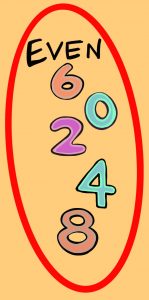
Expanded form
|
taswikasta |
|
Definition: A way of writing numbers that shows the value of each digit [3].
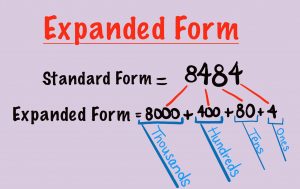
Exponent
|
akihtāson kākitwam mena |
|
Definition: A number placed to the top right of another number (base) to indicate the number of times the base is multiplied by itself [1].
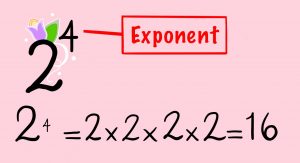
Expression
|
kwayaskowewin |
|
Definition: An expression is a numeric or algebraic representation of a quantity. It may include numbers, variables, and operations [3].
Examples
[latex]12-5×2 \\3x-7 \\x^3-2y[/latex]

